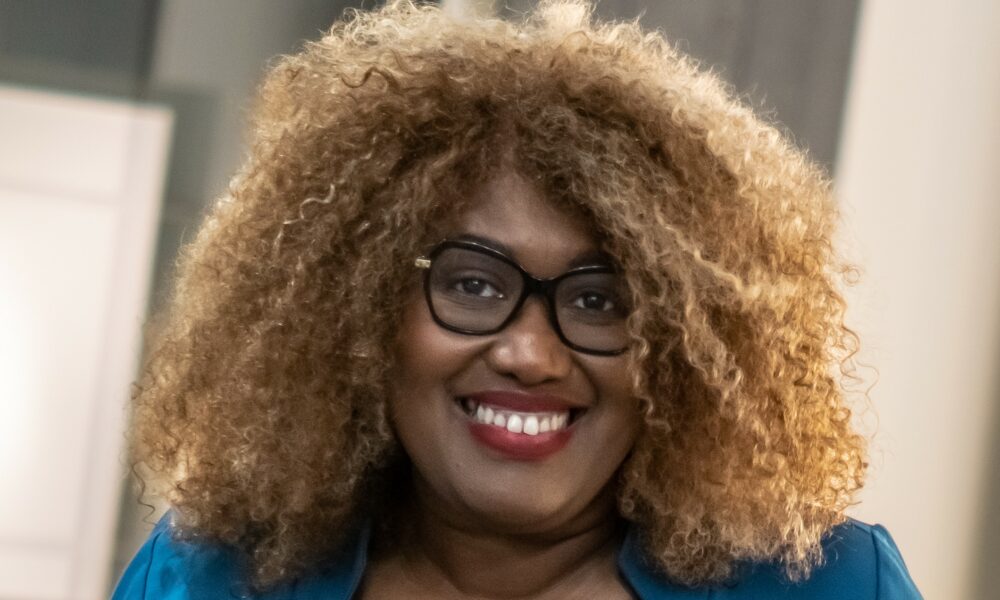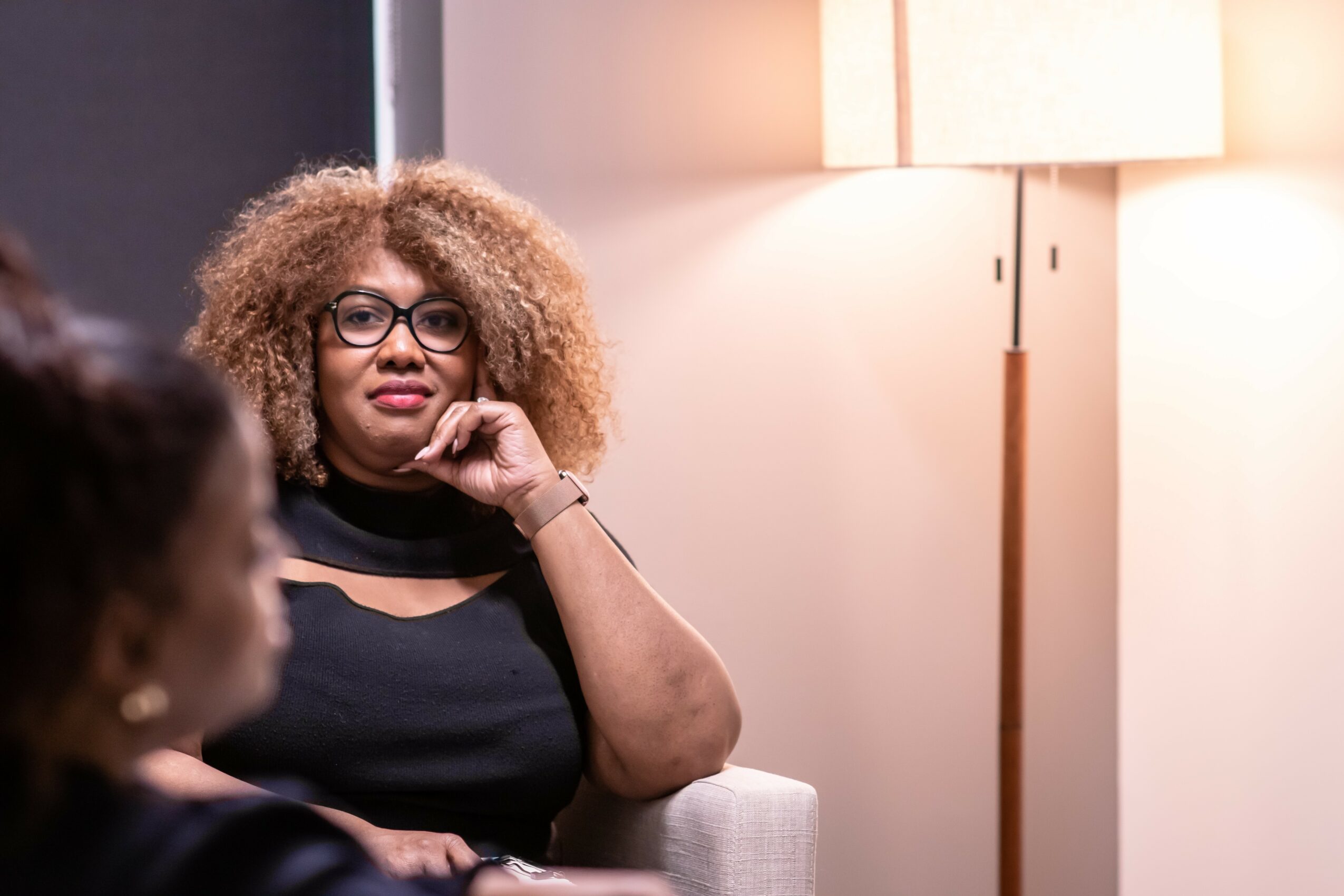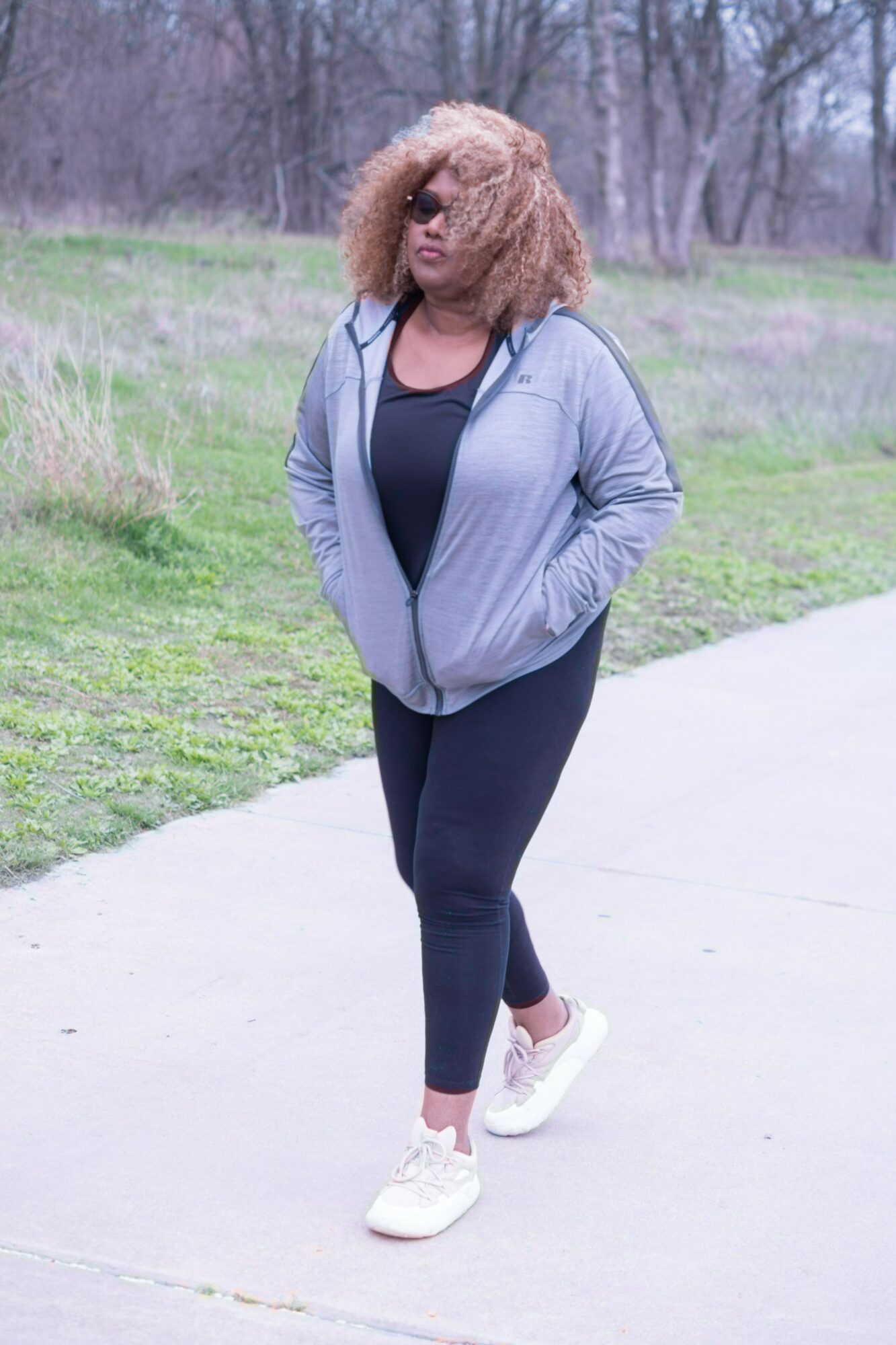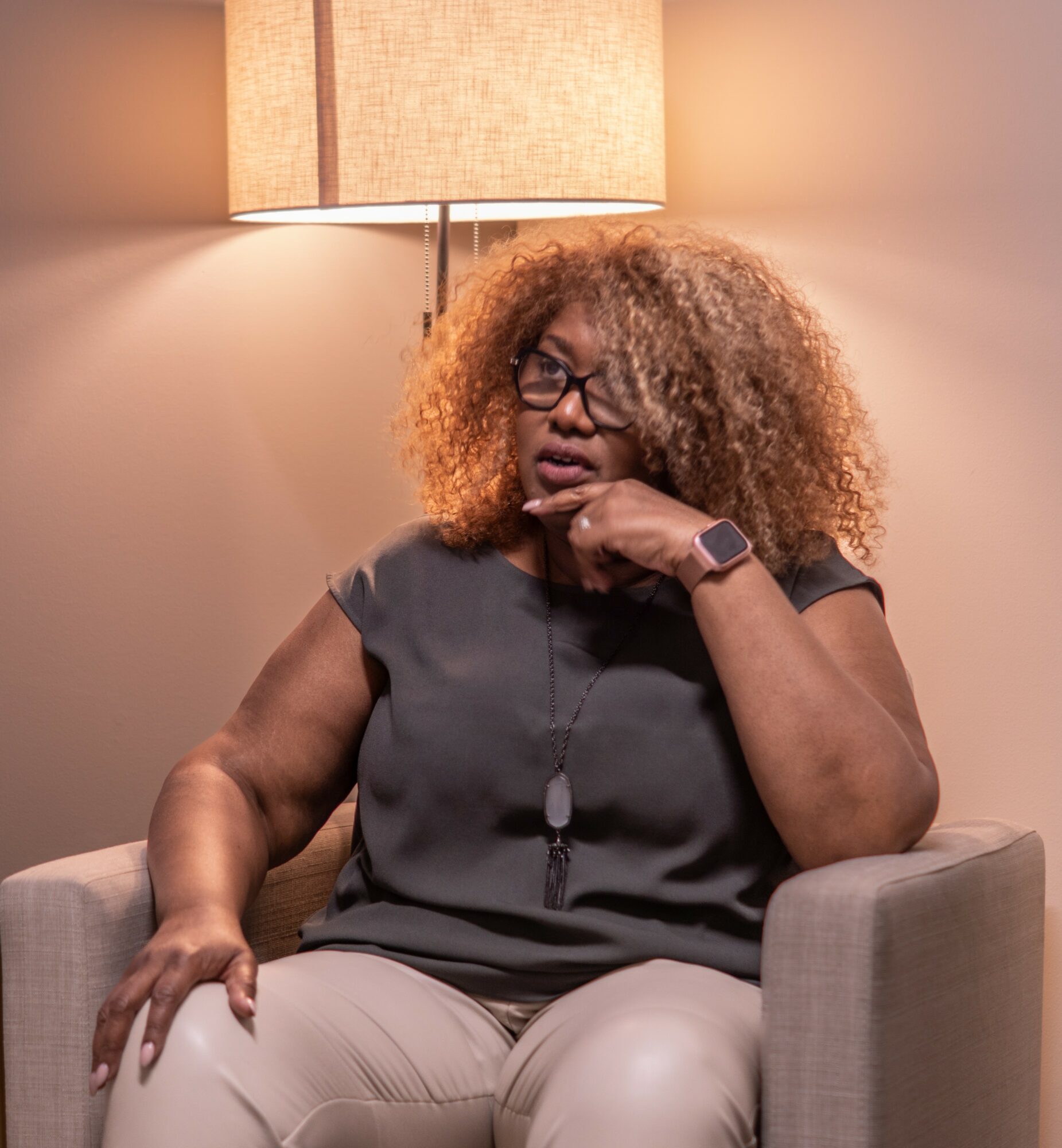

Today we’d like to introduce you to Karen Cameron-Petroski.
Hi Karen, thanks for sharing your story with us. To start, maybe you can tell our readers some of your backstories.
I have two natural gifts that point me to the area of counseling. First, I genuinely care about people and their stories. People are drawn to me and easily share their hearts. I suppose my face and expression says this is a safe place; I will be your confidante. Close friends, acquaintances, and even strangers have shared their stories and issues with me at the grocery store, over coffee, or at the community pool. Getting home well after an hour from what was supposed to be a “quick” grocery run, I was talking to someone in the parking lot or staying at the pharmacy after my prescription was ready to finish a conversation with a woman that needed to be heard. Secondly, I offer insight, positive thoughts, or scripture, which helps others process, navigate, and discover what is best for them. Friends and family members kept telling me – ”other people don’t have what I have, and I should pursue it because people need it.”
Alright, so let’s dig a little deeper into the story – has it been an easy path overall, and if not, what were the challenges you’ve had to overcome?
My grandmother always said, “Nothing worth having is easy to acquire.” In this case, she was right. The challenges were not mine alone, but there were growing pains for my family as my schedule and my mind was somewhere. Focusing on graduate school, research, homework, and practicum hours, I felt there was perpetual questioning of “where’s mom?” Although I never heard the question, I felt remorse for a missed game, a dinner, or when I got home long after bedtime. At the time, the focus was on getting the hours in. Thankfully, I had the support of my husband, who made changes to his schedule to accommodate the needs of our family.
Can you tell our readers more about what you do and what you think sets you apart from others?
Statistics show that only 11% of counselors are Black. I believe there is comfort in working with someone that looks like you, with no need to explain racial or cultural experiences. Thus, my work allows me to help break the stigma of African Americans not seeking mental health care while providing representation. Research has shown that African Americans are less likely to seek mental health treatment due to factors such as stigma, mistrust of the medical system, and a lack of culturally competent care. I want to spread the message “it’s ok not to be ok; It’s ok to seek help.”
Also, having diverse mental healthcare professionals can improve the overall quality of care for all clients, as it brings a wider range of perspectives, experiences, and expertise to the field. I respect, appreciate, and understand cultural differences in beliefs, values, traditions, and customs. This allows for an understanding of other perspectives and building relationships with clients from different backgrounds.
What I am most proud of “brand-wise” is my relationship and connection with my clients. I am a person-centered, integrative clinician believing that the relationship is paramount. There is a Zulu greeting Sawuboan which means “I see you–I respect and value you.” The response is Sikhona, which means” I am here to be seen.” This is what happens in the room when I work with clients. I truly see my clients and respect their narratives, struggles, and experiences. When clients are met with non-judgemental authenticity, therapeutic alliances develop, and working on the self can begin.
I have experience in providing therapy to adolescents, adults, couples, and families. I have specialized in treating parental wounds, anxiety, depression, vocational stress, grief, and generational trauma. My goal is to help my clients explore their emotions, gain insight into their behaviors, and develop the tools to navigate their challenges.
In addition to traditional talk therapy, I offer walk therapy to my clients. Physical activity and being in nature can be therapeutic and help individuals connect with themselves and their surroundings. It has been highly effective, and I am passionate about incorporating it into my practice and eventually expanding it to groups.
Are there any books, apps, podcasts, or blogs that help you do your best?
Great question; there are many, but I would narrow it down to The Bible first and foremost, Pathways, Atomic Habits, Therapy for Black Girls, Dear Future Wifey, and Black Men Heal.
Contact Info:
- Website: theimpactcounselors.com
- Instagram: https://www.instagram.com/peaceandhealing_/
- Linkedin: https://www.linkedin.com/in/karen-cameron-petroski-b85a3a35/













